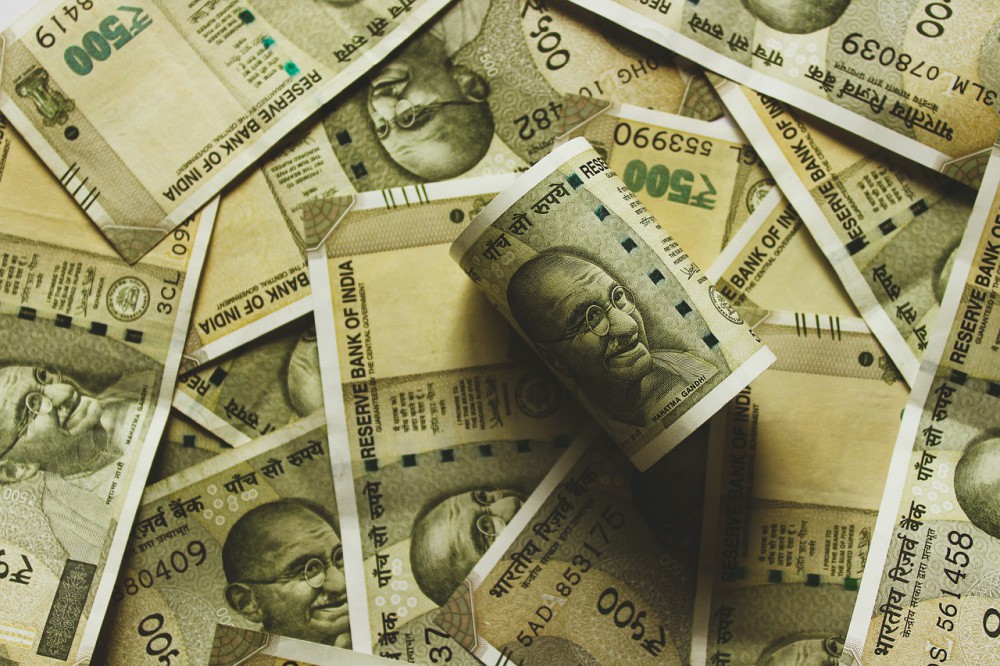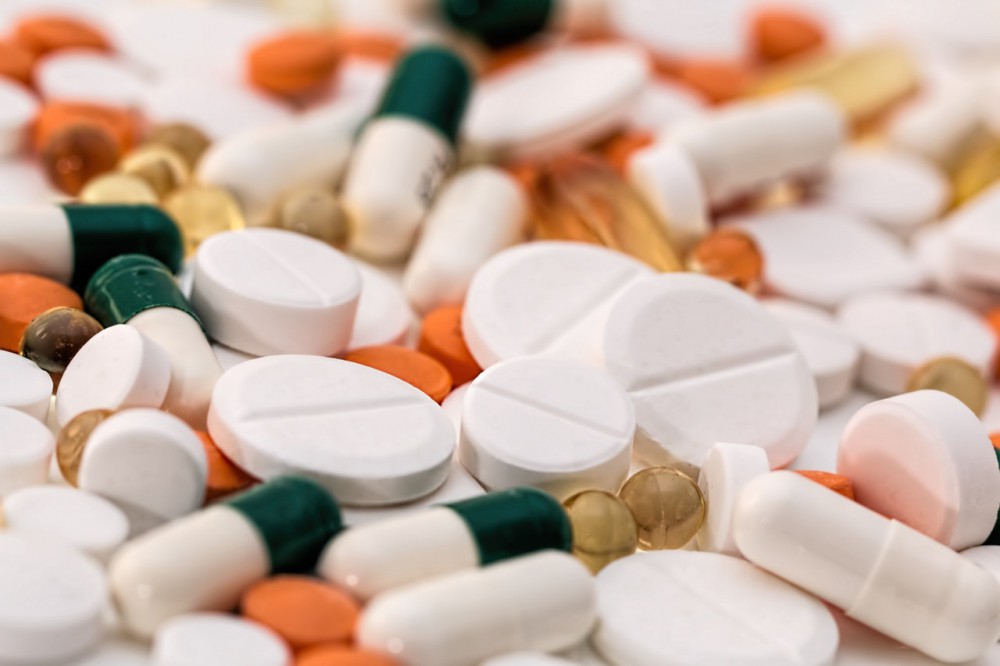Two separate incidents, one relating to India’s central drug law enforcement body- the Central Drugs Standards Control Authority (CDSCO), and another relating to a State drugs law enforcement body- the Himachal Pradesh Drugs Control Administration (HPDCA), have received widespread attention. On August 16 2019, a very senior officer of the CDSCO was arrested while accepting a bribe. On August 23 2019, the residential and office premises of a very senior officer of HPDCA was raided by the vigilance department on bribery allegations. These high profile investigations closely follow the arrest of a Drug Inspector of CDSCO and the Managing Director of a Pharmaceutical Company on grounds of hatching an alleged conspiracy to ‘manage’ adverse results of a government lab test. All these individuals have been charged for commission of offences under India’s anti-bribery law i.e. The Prevention of Corruption Act, 1988.
The official communication from the Central Government with respect to the arrest of its officer reads: “All stakeholders, public and officers shall take cognizance of the fact that CDSCO has the policy of zero tolerance towards corruption and is committed to act stringently against any act of corruption.”
The official communication is very interesting, especially in the background of the reported facts that prompted the arrests.
The complaint against the senior officer of the HPDCA was that he was allegedly receiving “undue favours” such as free air tickets and hotel accommodation from pharmaceutical companies.
The complaint against the Drug Inspector of CDSCO was that he had allegedly demanded a bribe to ignore the deficiency in samples of dobutamine injection. The drug is used to treat acute heart failure
It is not unusual in India for individuals from different verticals of pharmaceutical / medical device business – quality, regulatory, government affairs and senior management, to actually be in direct and repeated contact with officers of the drugs law enforcement bodies for genuine business reasons.
It may not be right to say that such constant interaction is a bad thing. However, it does increase the possibility of corruption. Therefore, it is important to sensitize those in direct contact with government officers that-
- It is a criminal offence not just to demand or take a bribe, but also to offer or give a bribe in India.
- A bribe does not necessarily have to be in cash. It may be in kind as well such as by way of flight tickets, hotel stays or expensive liquor bottles.
- MNCs doing business in India are at higher risk of corruption because, as subsidiaries of US or UK holding companies, they expose the holding companies to the risk of violation of stringent foreign anti-bribery laws such as US Foreign Corrupt Practice Act and UK Bribery Act.
Some important take-aways from the recent crack-down on corruption in the drug enforcement bodies –
- The degree of vigilance by CDSCO and other state-level enforcement bodies i.e. State FDAs against corruption has increased. According to reports, a “zero tolerance” policy against corruption has been put in place.
- The Managing Director of a pharmaceutical company was arrested along with the Inspector of CDSCO for paying the bribe even though he was not physically present when the bribe was accepted. Therefore, the senior management of a company is especially exposed to an anti-bribery prosecution since they are in charge of day to day operations of the company.
- Doing a favour to a government officer, like booking flight ticket or hotel accommodation or providing free medicines/medical devices, may be looked at as an instance of bribe both under Indian and foreign laws.
- It is reported that the complaint against HPDCA officer was done by a pharmaceutical company. While it is up to the Courts to establish the veracity of the complaint, it does show that there is scope for refusing a demand of a bribe and for lodging an effective complaint.
Last but not the least, these developments underscore the importance to put in place appropriate systems and processes that act as a risk mitigation tool against the possibility of corruption. At the very minimum, every pharmaceutical and medical device company should have a written policy on corrupt practices that is both comprehensive and practical to suit the reality of India. This must be complemented by regular training sessions to communicate the policy to everyone in the company in a language that they will understand. Some companies have already put in place a whistle-blower policy. The policy must be fine-tuned to escalate potential acts of corruption as well.
Better safe than sorry!


